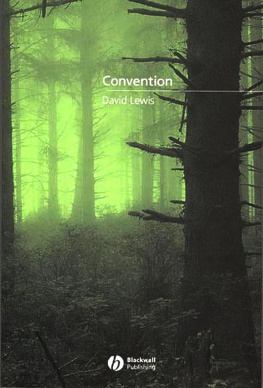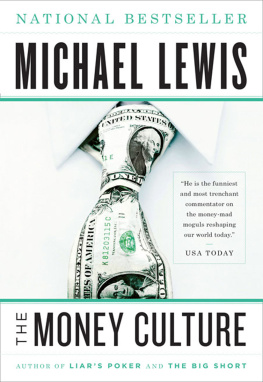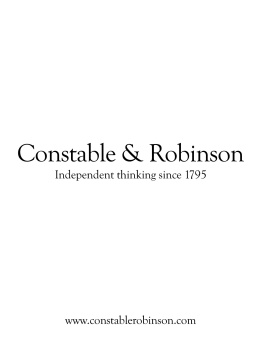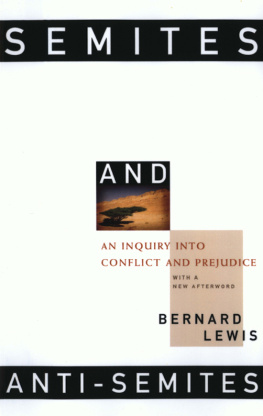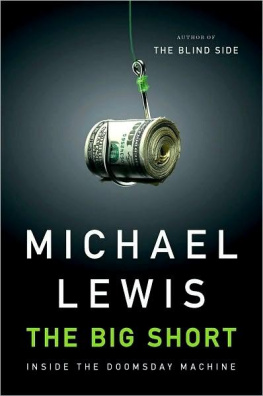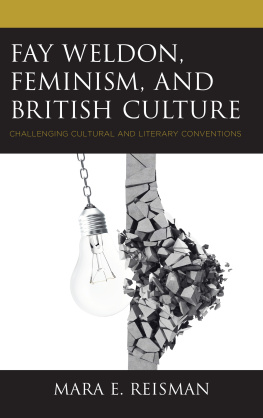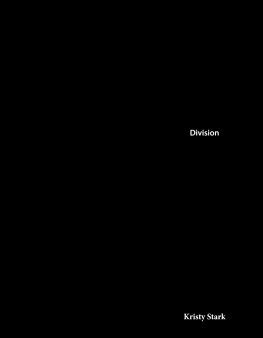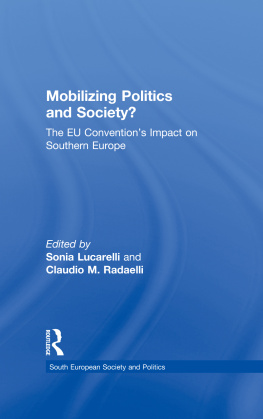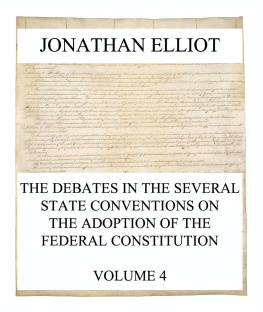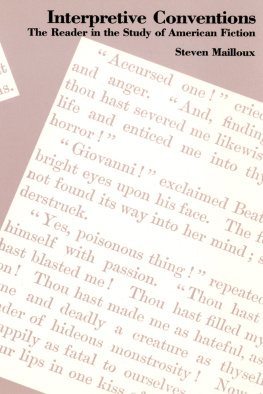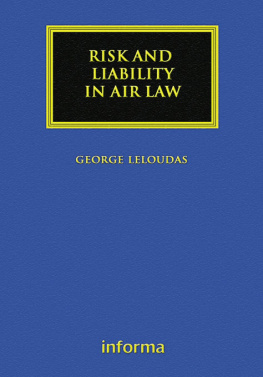

2002 by David Lewis
Editorial Offices:
108 Cowley Road, Oxford OX4 1JF, UK
Tel: +44 (0)1865 791100
350 Main Street, Malden, MA 02148-5018, USA
Tel: +1 781 388 8250
The right of David Lewis to be identified as the Author of this Work has been asserted in accordance with the UK Copyright, Designs and Patents Act 1988.
All rights reserved. No part of this publication may be reproduced, stored in a retrieval system, or transmitted, in any form or by any means, electronic, mechanical, photocopying, recording or otherwise, except as permitted by the UK Copyright, Designs and Patents Act 1988, without the prior permission of the publisher.
First published 1969 by Harvard University Press
First published in paperback 1986 by Basil Blackwell Ltd
Reissued 2002 by Blackwell Publishers Ltd, a Blackwell Publishing company
Tranferred to digital print 2007
Library of Congress Cataloging-in-Publication Data has been applied for.
ISBN: 978-0-631-23256-8 ISBN: 978-0-631-23257-5 (pb)
A catalogue record for this title is available from the British Library.
For further information on Blackwell Publishers, visit our website: www.blackwellpublishers.co.uk
For Steffi
Acknowledgements
I owe a pleasant debt to Willard Van Orman Quine for his encouragement and help throughout my effort to rehabilitate analyticity. I am grateful to my friends for their comments on earlier and later versions. Special thanks are due to George Boolos, Charles Chastain, David Kaplan, Ewart Lewis, Stephanie Lewis, Barbara Partee, Stephen Schiffer, Michael Slote, J. Howard Sobel, and the students in my seminar on philosophy of language at the University of California, Los Angeles, in the fall term of 1967. Warm thanks of another sort are due to the Cest Si Bon Ptisserie, where most of this book was written, for their hospitality and their good coffee. I thank David Shwayder for permission to quote at length from his book The Stratification of Behaviour.
D. K. L.
Los Angeles
June 1968
Foreword
When I was a child I pictured our language as settled and passed down by a board of syndics, seated in grave convention along a table in the style of Rembrandt. The picture remained for a while undisturbed by the question what language the syndics might have used in their deliberations, or by dread of vicious regress.
I suppose this picture has been entertained by many, in uncritical childhood. Many mature thinkers, certainly, have called language conventional. Many have also in other connections been ready with appeals to agreements that were historically never enacted. The social contract, in Hobbess theory of government, is the outstanding example. This case is logically more respectable than the language case; the notion that government began literally in a social contract involves no vicious regress.
Not, of course, that the proponents of the doctrine of social contract mean to be thus literally construed; they mean only that government is as if it had been thus established. But then this as if proposition raises the question, psychoanalytically speaking, of latent content: in just what ways is government like what an actual social contract might have given us? In the language case the question of latent content is even more urgent, and more perplexing, in that an original founding of language by overt convention is not merely unhistorical but unthinkable. What is convention when there can be no thought of convening?
Some philosophers have placed a heavy burden upon a purported distinction between truths that are analytic, these being true purely by linguistic convention, and the synthetic truths that say something substantial about reality. This is a characteristic and crucial case of appealing to convention where there can have been no thought of convening. For the philosophers in question count logical truth analytic; and here a circularity would arise if we were to take the conventions explicitly. The predicament is that in order to apply any explicit conventions that were general enough to afford all logical truth, we would already have to use logic in reasoning from the general conventions to the individual applications.
We have before us a study, both lucid and imaginative, both amusing and meticulous, in which Lewis undertakes to render the notion of convention independent of any fact or fiction of convening. He undertakes to isolate the distinguishing traits of conventionality, the latent content, without benefit of simile or make-believe. Very roughly, the keynote of conventionality is a certain indifference: the syllable big could have meant small for all we care, and the red light could have meant go, and black ties could have been counted less formal than fancy ones. Such is the initial intuition; but the appropriate sense of indifference, or of could have meant, needs a lot of refining. It gets it, thanks to Lewis deft use, among other things, of the latter-day theory of games and decisions.
The problem of distinguishing between analytic and synthetic truths was apparently one motive of the study. In the end, Lewis concludes that the notion of convention is not the crux of this distinction. He does not for this reason find the analyticity notion unacceptable, however. He ends up rather where some began, resting the notion of analyticity on the notion of possible worlds. His contentment with this disposition of the analyticity problem makes one wonder, after all, how it culd have been much of a motive for his study of convention; but we may be thankful for whatever motives he had. For in the course of the book the reader comes to appreciate convention, not analyticity, as a key concept in the philosophy of language.
W. V. Quine
Harvard University
September 26, 1968
Introduction
It is the profession of philosophers to question platitudes that others accept without thinking twice. A dangerous profession, since philosophers are more easily discredited than platitudes, but a useful one. For when a good philosopher challenges a platitude, it usually turns out that the platitude was essentially right; but the philosopher has noticed trouble that one who did not think twice could not have met. In the end the challenge is answered and the platitude survives, more often than not. But the philosopher has done the adherents of the platitude a service: he has made them think twice.
It is a platitude that language is ruled by convention. Words might be used to mean almost anything; and we who use them have made them mean what they do because somehow, gradually and informally, we have come to an understanding that this is what we shall use them to mean. We could perfectly well use these words otherwiseor use different words, as men in foreign countries do. We might change our conventions if we like.
To say only this is not to say much. It is not to portray language in the image of a calculus, precise and rigid. It is not to uphold correct speech against colloquial, or vice versa. It is not to say that all the languages we can think of are equally good, or that every feature of a serviceable language might just as well have been different. It is not to say that necessary truths are created by convention: only that necessary truths, like geological truths, are conventionally stated in these words rather than in those. It is not to exalt the powers of convention as some conventionalist philosophers do, but only to insist that it is there. The platitude that there are conventions of language is no dogma of any school of philosophy, but commands the immediate assent of any thoughtful personunless he is a philosopher.
Next page
